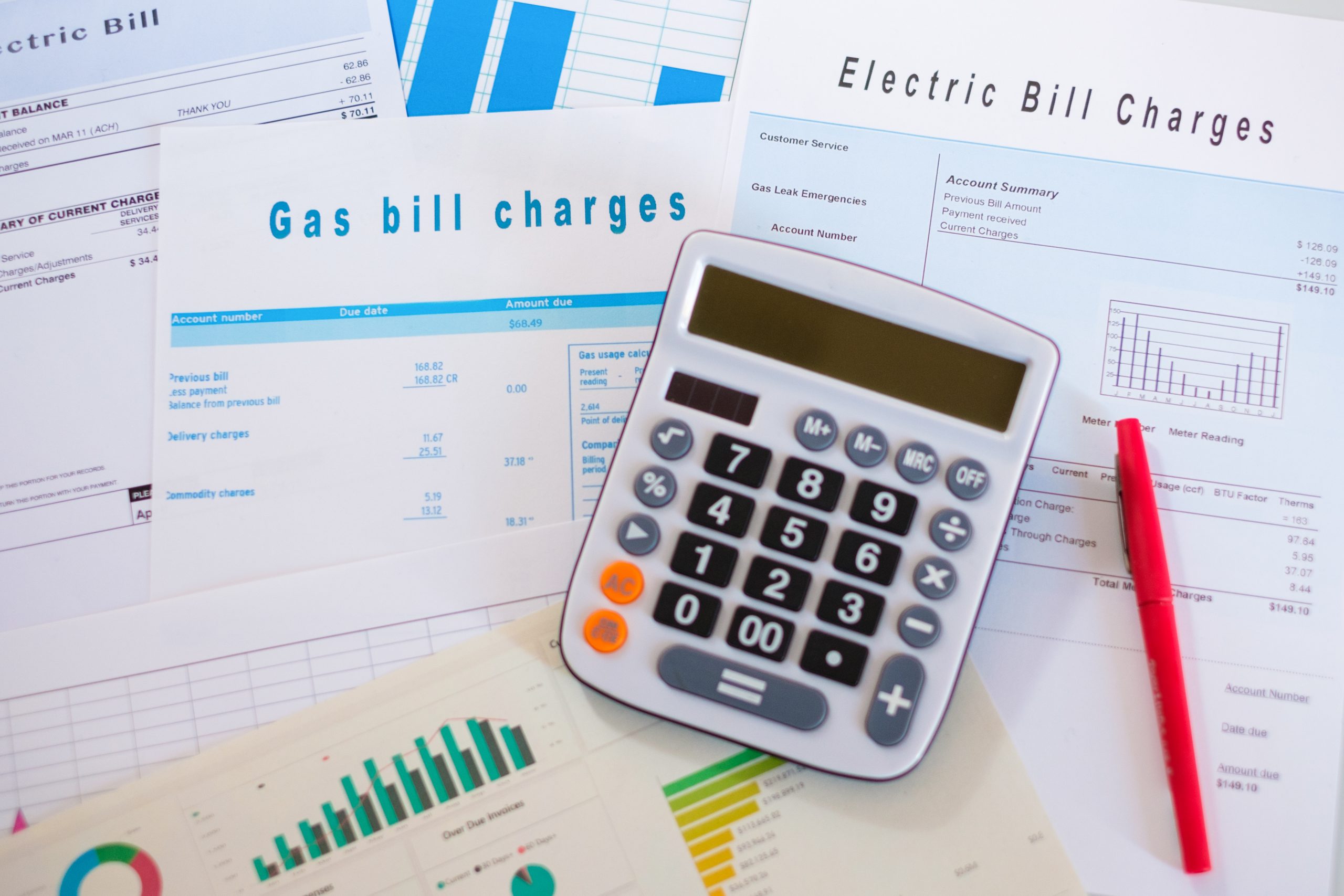Household Bills
Three million households in energy debt as some see credit balance double

Guest Author:
Emma LunnThe average household energy debt has risen by a fifth (19%) to £190 in the past year, analysis by Uswitch reveals. But for others, the milder winter has allowed them to build up an energy credit buffer.
This time last year the average customer in debt to their supplier owed £159. Two fifths (42%) of those in debt said their arrears are higher than last autumn, while one in five households said they have moved from credit into debt over the course of the year.
Uswitch found that the ‘energy debt gap’ in the UK has widened with those customers in debt owing more.
In total, nearly three million households owed money to their energy providers, while another eight million have no credit at all, which means they have no protection from high bills this winter, Uswitch warned.
Meanwhile, those in credit have seen their average credit balance nearly double to £249 since last autumn when the average credit balance stood at £126.
Energy worries
The price comparison site found that four in five (80%) households are worried about the current Energy Price Guarantee ending in April, with nine in 10 (91%) wanting clarity on what happens next.

Why Life Insurance Still Matters – Even During a Cost-of-Living Crisis
Sponsored by Post Office
With energy inequality rising, Uswitch is calling on the government to ensure that vulnerable customers are considered the highest priority for additional support beyond April 2023.
Energy suppliers have increased household direct debits in reaction to changes in rates from the energy price cap and the Energy Price Guarantee, which may explain increased levels of energy credit for those who have been able to afford it.
Equally, the mild autumn will have resulted in people using less energy in September and October, potentially allowing their credit to increase over those months.
Previous research found that two fifths (43%) of households were planning to turn down their thermostat this year, while a third (32%) said they would turn their heating on later than normal.
Households are predicted to pay on average £232 more for energy over the three coldest months than they did last year, despite the government’s Energy Price Guarantee and £400 energy bill support.
Energy prices to rise in April
The expected changes to the price guarantee in April are already causing concern. The price cap could reach around £3,702 in April — a 48% rise from the current £2,500 price guarantee, according to the latest prediction from energy consultancy firm, Cornwall Insight.
Richard Neudegg, director of regulation at Uswitch, said: “A gulf is growing between the UK’s energy haves and have-nots, with energy credit soaring for some as debt swells for others.
“Building up a war chest of energy credit is always important as we head into winter, and it is good news that two thirds of households have managed to build up a buffer. For those lucky households accumulating credit, the £66 a month energy bill support will have been an extra leg up.
“Even though credit is increasing for some households, average household energy debt for autumn is still at the highest level we’ve seen in more than three years, and if bills rise again in April, this will create a perilous situation for many people.
“With the Energy Price Guarantee ending in April, it is critical the government urgently provides more clarity on how it will help vulnerable households with rising energy bills in 2023.
“If your energy account is going into debt or you are behind on your bill payments, speak to your provider as soon as possible. They should be able to help you find a solution, such as working out a more affordable payment plan. You may also find you are eligible for additional support such as hardship funds and other energy help schemes.”
Related: Moving to an energy prepayment meter: Everything you need to know.